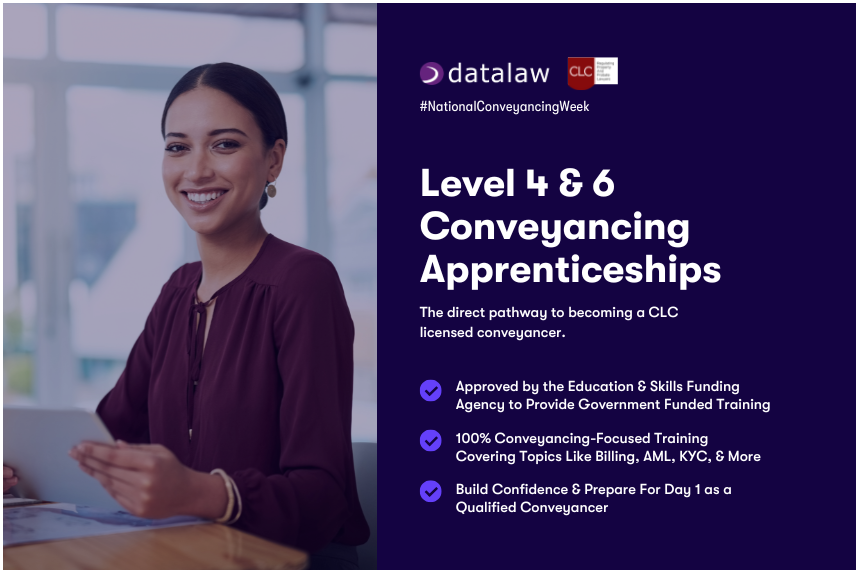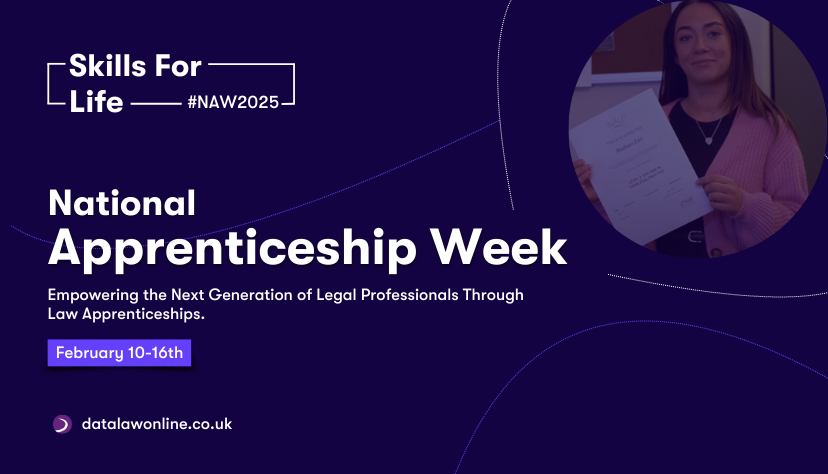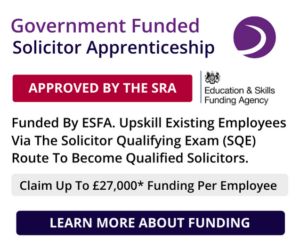Parole Board advocacy represents a critical and complex facet of legal work within the criminal justice framework. It demands a profound grasp of legal doctrines, superior communication abilities, and a knack for handling intricate situations. Legal training and resource leader, Datalaw, has introduced an all-encompassing Continuing Professional Development (CPD) course along with a detailed e-book on Parole Board Advocacy Essential Updates, aiming to equip legal practitioners with the knowledge needed to navigate this demanding area effectively.
The Bedrock of Parole Advocacy: Understanding the Statutory Release Criteria
At the heart of proficient Parole Board advocacy is the mastery of the statutory release criteria, which assesses the necessity of ongoing detention for safeguarding the public. Advocates are expected to centre their arguments and evidence around this critical criterion, ensuring their approach is aligned with the principles of the release test.
Insight into the Parole Board and Its Processes
Acquiring a deep understanding of the parole board panel's dynamics is key. Each panel member may bring personal biases or concerns to the table, and recognising these can inform more impactful arguments. Unlike traditional adversarial settings, parole hearings require a concise and equitable approach to questioning, emphasising the importance of tailored strategies.
Evaluating Risks for Informed Decisions
Risk evaluation is central to parole decision-making. Advocates need to be adept at analysing both static and dynamic risk factors that could influence reconviction and the potential for serious harm. Familiarity with the OASys risk assessment framework, along with current guidelines and research, is crucial for effective advocacy.
The Significance of Thorough Preparation
Preparing comprehensively for a hearing, by pinpointing key issues and compiling essential reports or evaluations, is crucial for a favourable outcome. This preparation allows for a strategic approach to the hearing, ensuring all pertinent information is presented.
Client Readiness and the Impact of Written Submissions
Equally important is the preparation of the client for the hearing, especially in cases where innocence is maintained. Written submissions also hold strategic value, offering a structured overview of the arguments and directing the panel's inquiries.
Advanced Skills: Open Conditions and Legal Logic
Understanding the criteria for open conditions and the underlying legal logic in the parole setting requires advanced expertise. This includes scrutinising how decisions correspond with the evidence and affirming procedural fairness.
Enhancing Skills Through Peer Review and Self-Reflection
Engaging in peer review and self-reflection is vital for continual improvement in Parole Board advocacy. Insights from colleagues and reflections on past hearings can substantially refine one's advocacy approach.
Datalaw’s Dedicated Resources on Parole Board Advocacy
For those looking to dive deeper into Parole Board advocacy and hone their skills, Datalaw’s specialised Parole Board Advocacy Course is an essential resource. Packed with comprehensive insights and actionable advice, it is designed to be an invaluable aid for legal professionals involved in parole hearings. The supplementary e-book serves as a handy reference, summarising crucial strategies and concepts in Parole Board advocacy.
Parole Board advocacy is a demanding yet fulfilling domain within legal practice. By mastering the nuances of parole hearings, excelling in risk assessments, and preparing clients and cases effectively, legal professionals can markedly influence the results of these hearings. With Datalaw's detailed CPD course and e-book, practitioners are provided with the essential knowledge and tools to thrive in this area, enhancing their legal acumen and practical capabilities in Parole Board advocacy.









